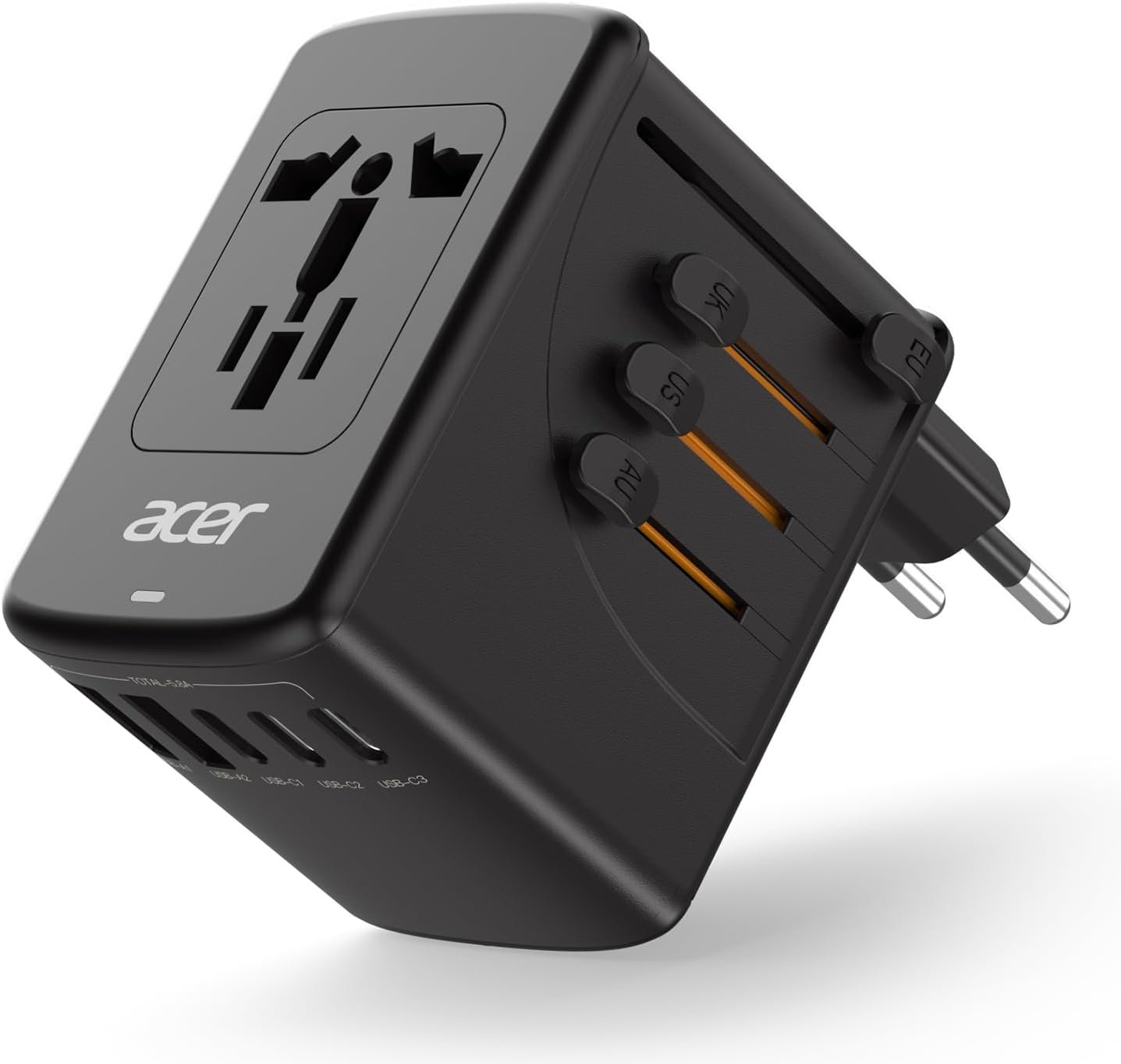Organizing a successful event requires meticulous planning, coordination, and execution. However, the process doesn’t end with the event itself. To ensure future events are even more remarkable, a crucial step often overlooked is post-event evaluation. In this guide, we will delve into the concept of post-event evaluation, its significance, and how to conduct it effectively to optimize your event planning endeavors.
The Essence of Post-Event Evaluation: Post-event evaluation is the systematic assessment and analysis of an event’s performance after it has taken place. It involves gathering data, insights, and feedback to evaluate the event’s strengths, weaknesses, and overall impact. This evaluation provides valuable insights that can shape future event strategies, enhance attendee experiences, and maximize return on investment (ROI).
Why Post-Event Evaluation Matters:
- Performance Assessment: Post-event evaluation offers a comprehensive understanding of how well the event met its goals and objectives. It enables you to gauge the success of your event and identify areas that need improvement.
- Data-Driven Insights: Through data collection and analysis, post-event evaluation provides quantifiable insights into attendee demographics, preferences, and engagement levels. This information can guide future event marketing and targeting strategies.
- Continuous Improvement: Learning from past events allows you to refine your event planning processes and make informed decisions for subsequent occasions. This iterative approach contributes to the growth and success of your events over time.
- Stakeholder Satisfaction: By soliciting feedback from attendees, sponsors, and partners, you can address concerns and suggestions, fostering stronger relationships and encouraging ongoing support.
Steps to Effective Post-Event Evaluation:
- Set Clear Objectives: Define the purpose of your post-event evaluation. Determine what aspects you want to assess, such as attendee satisfaction, ROI, logistical efficiency, or marketing effectiveness.
- Collect Comprehensive Data: Gather relevant data, including attendee feedback, surveys, registration and attendance numbers, social media engagement, and any other metrics pertinent to your event’s goals.
- Analyze and Interpret: Use data analytics tools to analyze the collected information. Look for patterns, trends, and correlations that highlight both successes and areas for improvement.
- Identify Key Takeaways: Pinpoint key insights from your analysis. Focus on what worked well and what could have been better. Identify specific actions that can enhance future events.
- Engage Stakeholders: Share your findings with stakeholders, including team members, sponsors, and partners. Encourage open discussions and brainstorming sessions to generate ideas for improvement.
- Implement Changes: Based on the evaluation results, implement actionable changes in your event planning process. This could involve refining marketing strategies, adjusting event schedules, enhancing logistical arrangements, or revamping attendee engagement activities.
- Monitor Progress: As you plan and execute subsequent events, continuously monitor the impact of the changes you’ve made based on post-event evaluations. Adjust strategies as needed to optimize outcomes.
Conclusion: Post-event evaluation is an indispensable part of event planning that unlocks valuable insights and opportunities for growth. By analyzing event data, gathering feedback, and implementing improvements, you pave the way for more successful and impactful events in the future. Embracing post-event evaluation as a standard practice can elevate your event planning prowess and lead to consistently outstanding results. Remember, the journey to event excellence doesn’t end when the curtain falls; it’s just the beginning of an ongoing cycle of improvement.











0 Comments